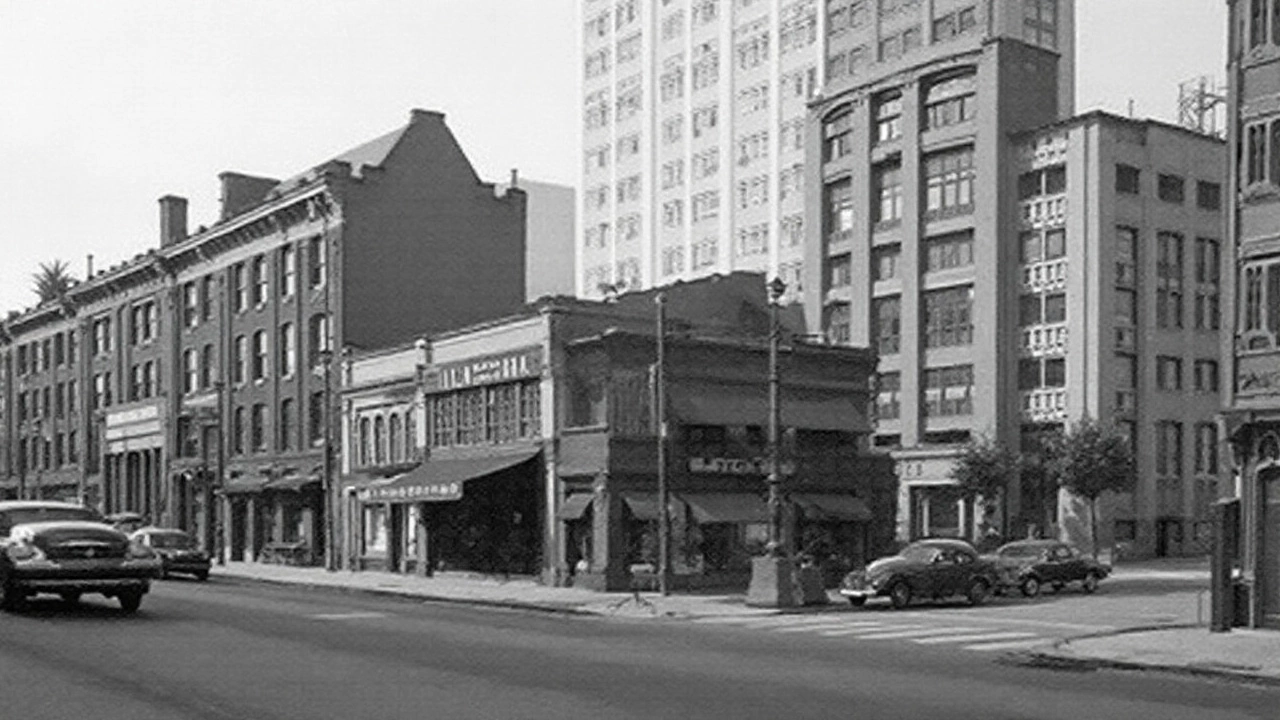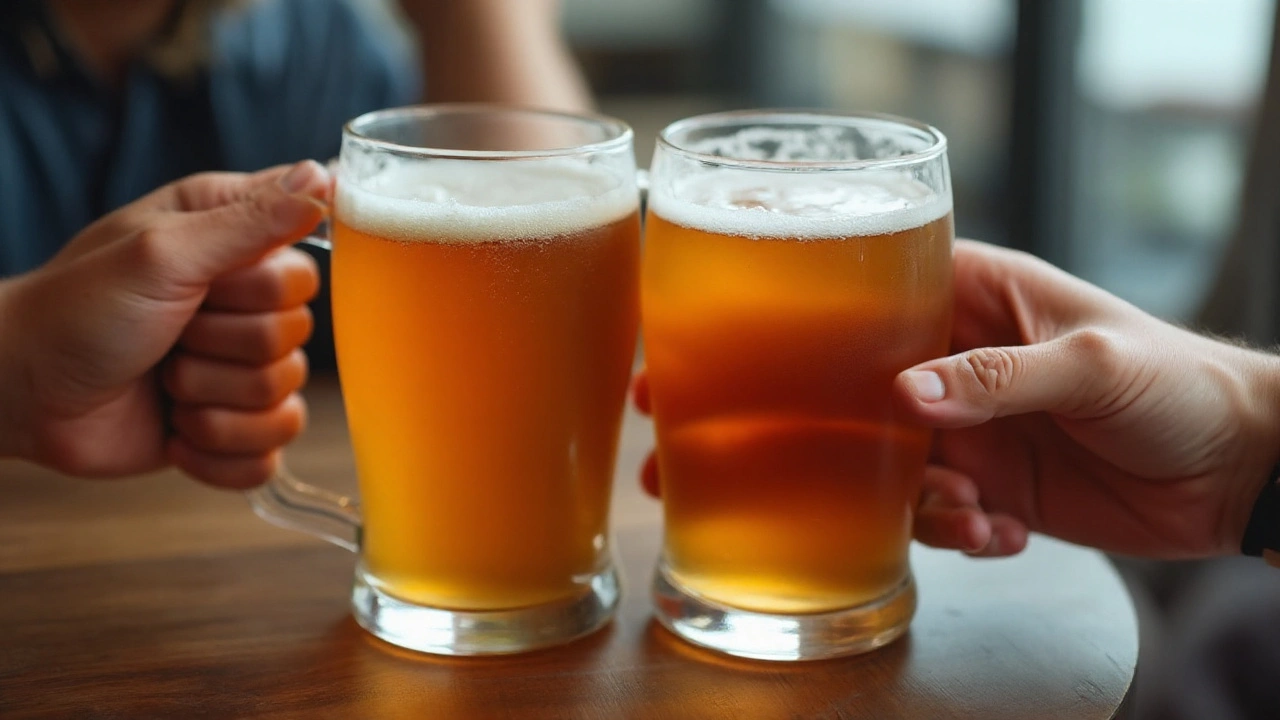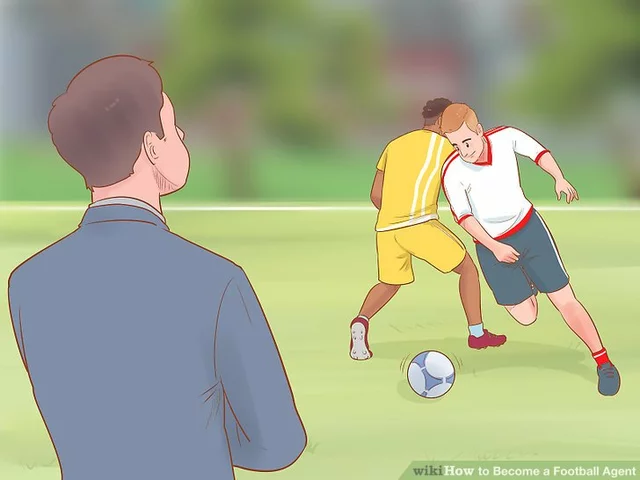What we know and why it matters
A two-year ban from a pub is unusual enough to raise eyebrows. When the reason is alleged sectarian abuse, it cuts to a long-running sore in Scottish public life — where alcohol, football loyalties, and hostility can collide in a small room.
What has been reported so far is straightforward: a Glasgow man was barred from a pub in the Loch Lomond area for two years after alleged sectarian behavior. The venue has not been publicly named and the exact date, time, and any police involvement have not been confirmed as of publication. Even so, the decision signals a hard line from local licensees who are increasingly intolerant of abusive or prejudiced conduct.
Pubs in Scotland have wide discretion to refuse service and exclude people to protect staff and customers. Many also participate in Pubwatch, a voluntary scheme where venues share information about disruptive patrons and, where necessary, issue bans that can apply across multiple bars in a town or tourist hotspot. In those networks, a two-year sanction typically points to conduct that went beyond a heated exchange — often persistent abuse or behavior that caused fear or alarm.
Loch Lomond draws visitors year-round, from day-trippers to stag parties. That mix makes standards of conduct even more important. A firm, coordinated approach from licensees helps keep venues safe and spares staff the impossible job of refereeing sectarian flashpoints on busy nights.
To be clear, details of this incident are still limited in the public domain. No names, no charge sheet, no court record. But the outcome — a lengthy bar from a premises — sits squarely within how Scottish licensing aims to prevent crime and disorder on site, long before a case ever reaches a sheriff court.

How Scotland handles sectarian incidents in licensed premises
Scotland’s legal tools for dealing with abusive conduct in pubs are well-established. Under Section 38 of the Criminal Justice and Licensing (Scotland) Act 2010, threatening or abusive behavior that would cause a reasonable person fear or alarm can be prosecuted. If prosecutors believe an offence was motivated by or demonstrated religious prejudice, they can apply an aggravation (introduced by the Criminal Justice (Scotland) Act 2003). That aggravation, if proved, is recorded on conviction and can influence sentencing.
There is also the Hate Crime and Public Order (Scotland) Act 2021, which consolidated existing hate-crime law and introduced stirring-up offences in certain circumstances. Police assess incidents case by case — looking at what was said, how it was said, the context, and the impact on those present. A pub’s decision to ban someone doesn’t determine whether criminal charges follow, but it often runs in parallel with police advice aimed at preventing repeat incidents.
On the licensing side, the Licensing (Scotland) Act 2005 sets out objectives that include preventing crime and disorder and securing public safety. It is an offence to refuse to leave licensed premises when asked by the premises manager or a police officer. That matters in practice: even when conduct falls short of a criminal charge, staying after a lawful request to leave can itself trigger enforcement.
How common is this? Crown Office data show that in 2022–23 there were more than 500 charges in Scotland carrying a religious aggravation. Most did not start in a courtroom — they began with frontline staff or bystanders who refused to accept abusive behavior and called it out early.
In Pubwatch areas, bans are a civil measure — essentially a withdrawal of permission to enter private property. Length varies: weeks for low-level disorder, months for repeated harassment, years for serious or persistent abuse, and lifetime bans in the most extreme cases. A two-year ban, like the one reported in the Loch Lomond case, suggests the venue considered the conduct serious enough to justify a long cooling-off period.
For a tourism-heavy area, that approach carries a second benefit: it sets a clear expectation for visitors. You can sing, celebrate, and debate — that’s part of pub culture — but you can’t cross into targeted abuse, especially where religion or identity is concerned. The line is bright and enforced.
If police were called in this case — again, not yet confirmed — the immediate priorities would typically be safety, dispersal, and statements. Depending on evidence such as CCTV and witness accounts, officers could consider charges under the 2010 Act for threatening or abusive behavior, with a potential religious aggravation. Prosecutors then decide whether there is a reasonable prospect of conviction and whether it is in the public interest to proceed.
Licensing reviews are a separate track. A single well-managed incident rarely triggers action against a venue. But repeated disorder or failure to control premises can lead to scrutiny by the local licensing board. In practice, the swift use of bans and staff training often prevents matters from escalating.
Here is what venues and patrons can do when tensions rise:
- Venue managers: keep an incident log, preserve CCTV promptly, and make sure staff know de-escalation basics and when to call police.
- Staff on the floor: stay calm, use clear instructions, and move other customers away from the flashpoint.
- Witnesses: if safe, support staff by giving a brief statement and contact details; it helps later if police get involved.
- Everyone: if there’s an immediate risk, call 999. Otherwise, 101 can be used to report non-urgent incidents.
None of this is about sanitizing pub life. Scotland’s best pubs are loud, warm, and full of argument. They just draw a line at prejudice and intimidation — and they are increasingly organized about it. A Loch Lomond pub ban that lasts two years sends a clear message to regulars and visitors alike: the welcome is wide, but it has limits.



